Cambridge Healthtech Instituteの第8回年次
Advances in Recovery and Purification - Part 1
回収・精製の進歩 - パート1
Process Optimization, Continuous Processing, and Novel Capture Technologies
プロセスの最適化、連続処理、新規の捕捉技術
2025年3月18日 - 19日 CET(中央ヨーロッパ標準時)
3月18日(火)
07:00Registration and Morning Coffee
MULTISPECIFICS AND ANTIBODY-DRUG CONJUGATES
多重特異性・抗体薬物複合体(ADC)
Identification of Developable Multispecific Lead Candidates-Feasibility Studies and Risk Assessment
 Bastian Franke, PhD, Associate Director and Group Leader, Downstream Processing, Numab Therapeutics AG
Bastian Franke, PhD, Associate Director and Group Leader, Downstream Processing, Numab Therapeutics AG
Multispecific antibody-based therapeutics are complex biologics that require comprehensive CMC feasibility assessments to assess developability, minimise manufacturing risks, and ensure product quality, safety, and efficacy throughout the manufacturing process. This presentation will highlight key experiments and risk mitigation strategies for multispecific lead molecules at Numab Therapeutics, with the focus on upstream and downstream platform feasibility, stability studies, biophysical characterisation, and formulation approaches.
Accelerating Preclinical CMC through Innovation & Optimisation
 Rick Hibbert, PhD, Vice President, Head of CMC Science and Technologies, Genmab BV
Rick Hibbert, PhD, Vice President, Head of CMC Science and Technologies, Genmab BV
Rapid preclinical CMC processes are essential for accelerating antibody therapies to meet urgent medical needs. This presentation highlights innovative strategies to streamline CMC processes, including cell line technologies, automation, and data-driven approaches. With greater efficiency, shorter timelines, and consistent product quality, Genmab is optimising the development pipeline for its antibody, DuoBody, and ADC-based therapies.
10:00Grand Opening Coffee Break in the Exhibit Hall with Poster Viewing
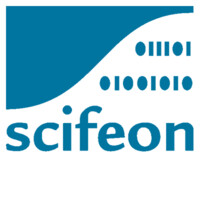
Efficient Process Development of Site-Specific Antibody-Drug Conjugates
 Michel H.M. Eppink, PhD, Senior Director, Downstream Processing, Byondis BV
Michel H.M. Eppink, PhD, Senior Director, Downstream Processing, Byondis BV
Antibody Drug Conjugates (ADCs) are biotherapeutic medicines consisting of a drug (chemotherapeutic agent), a (non-)cleavable linker, and a monoclonal antibody. The current progress on the development of the reduction/conjugation and purification processes for the next-generation ADCs will be explained using single-use materials and lean processes. Moreover, characterisation of the ADCs with physicochemical/biochemical studies and the challenges to handle cytotoxic payloads will be presented.
ADVANCES IN RECOVERY AND PURIFICATION
回収・精製の進歩
Bringing PrA EBA Back to the Future
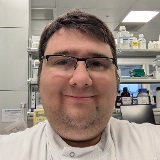 Curtis Phippen, PhD, Senior Scientist, Downstream Process, UCB Biopharma
Curtis Phippen, PhD, Senior Scientist, Downstream Process, UCB Biopharma
Primary recovery of mammalian antibodies includes multiple steps; reducing this number can prevent product loss, save time, and reduce water usage and costs. Expanded Bed Adsorption (EBA) was developed for this purpose, though low titres and large volumes limited its effectiveness. We’ve brought EBA back to the future via a specialised PrA resin and method. With our setup, =50g of product per litre resin captured directly from bioreactor feedstreams.
Self-Removing Tags for Protein Purification-A New Production Platform for Tagless Proteins
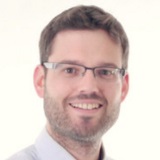 Philipp Amsler, Principal Scientist I, Protein Production, Novartis Biomedical Research
Philipp Amsler, Principal Scientist I, Protein Production, Novartis Biomedical Research
Affinity tags are an essential tool for drug discovery and development. They are widely used in research but are rarely part of the biologic API. A potentially required proteolytic tag cleavage and removal requires additional processing steps and sourcing of complex raw materials. Self-removing affinity tag systems based on split inteins display a promising option for research applications but also for large-scale manufacturing. Focus of this presentation is the evaluation of three different solution providers’ tags and resins testing diverse proteins expressed in different production hosts.
12:45Networking Lunch in the Exhibit Hall with Poster Viewing
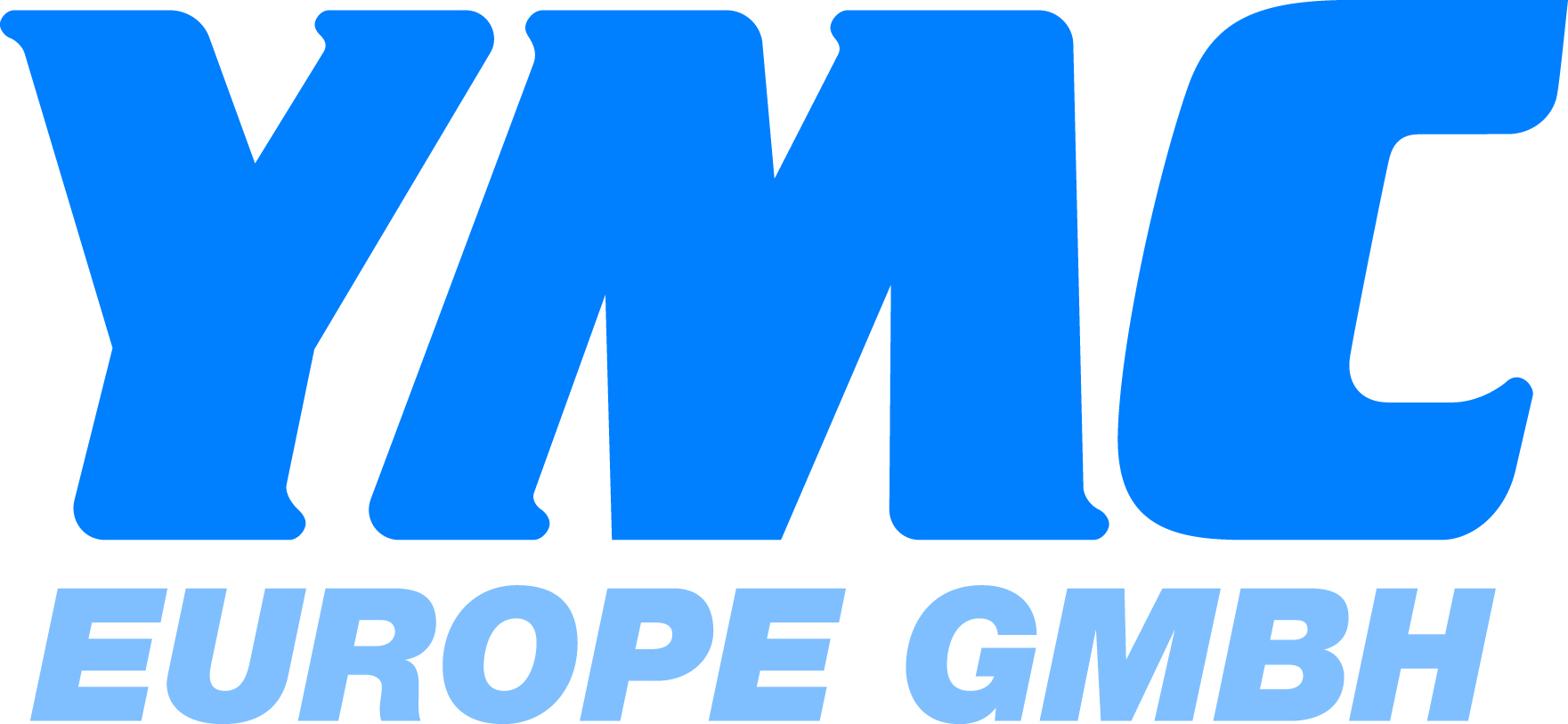
CONTINUOUS DOWNSTREAM PROCESSING AND VIRAL FILTRATION
ダウンストリームの連続処理とウイルスろ過
Virus Clearance Strategies in Continuous Processing
 Gisela M. Ferreira, PhD, Senior Director, AstraZeneca
Gisela M. Ferreira, PhD, Senior Director, AstraZeneca
Viral safety is a critical quality attribute in biopharmaceuticals. These products are increasingly using continuous manufacturing approaches. This presentation describes two virus inactivation strategies using detergent which are suitable and advantageous to continuous manufacturing. The content will leverage prior knowledge and concepts of viral clearance to support continuous virus inactivation in a tube reactor or as part of a chromatography method. Testing strategies and controls, data, GMP considerations, and preliminary regulatory feedback will be discussed. Special consideration will be given to the analysis of chromatography data which will distinguish virus inactivation from removal.
Residence Time Distribution of Batch and Continuous Viral Filtration
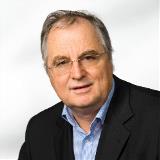 Alois Jungbauer, PhD, Professor & Head, Biotechnology, Institute of Bioprocess Science and Engineering, BOKU University
Alois Jungbauer, PhD, Professor & Head, Biotechnology, Institute of Bioprocess Science and Engineering, BOKU University
The residence-time distribution is an important parameter to assess the performance of an integrated process. It shows how fast the process is in steady state and how process disturbance propagates. Understanding the RTD also helps to design efficient processes. Examples will be provided.
Optimisation of Continuous Capture Chromatography Processes
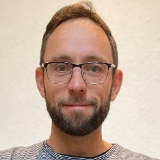 Matthias Wiendahl, Principal Scientist, Biopharm API Support, Novo Nordisk AS
Matthias Wiendahl, Principal Scientist, Biopharm API Support, Novo Nordisk AS
Continuous capture chromatography (cSMB) can be used for capturing monoclonal antibodies offering higher resin utilisation, higher productivity, and lower buffer consumption than traditional single column capture processes. The design of cSMB processes is more challenging than the design of batch processes because each “switch” of a given column affects the subsequent switch. We have developed an iterative solution using different flow rates, breakthrough curves, and pressure/flow data as model inputs which results in significantly higher productivities compared to the standard approach. The effect was confirmed for a given in-house model process where productivities could be increased by approximately 50%.

Advancing Continuous Bioprocessing: Dual-Step MCC Integration with the Octave Platform
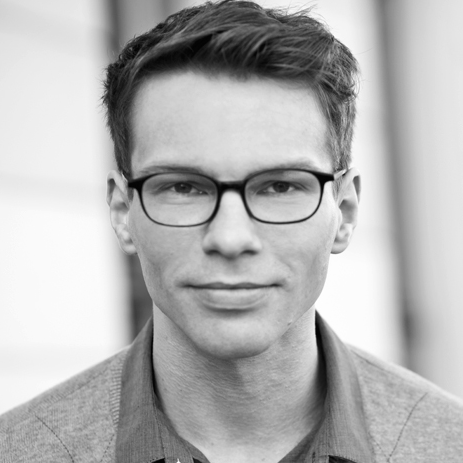 Sebastian Thuermann, Product Manager, Product Management, Tosoh Bioscience GmbH
Sebastian Thuermann, Product Manager, Product Management, Tosoh Bioscience GmbH
Continuous processing is transforming the pharmaceutical industry by driving economic and environmental sustainability, with Multi-Column Chromatography (MCC) at its core. Increasingly adopted in downstream processing (DSP) for capture step intensification, MCC enables higher efficiency and scalability. While a fully end-to-end approach may not suit all scenarios, Tosoh Bioscience's Octave MCC provides a practical alternative by integrating two DSP steps in an 8-column system. This work highlights advances achieved with TOYOPEARL Super A resin for high-purity mAb purification.
 Enabling Fully Continuous Inline Viral Inactivation
Enabling Fully Continuous Inline Viral Inactivation
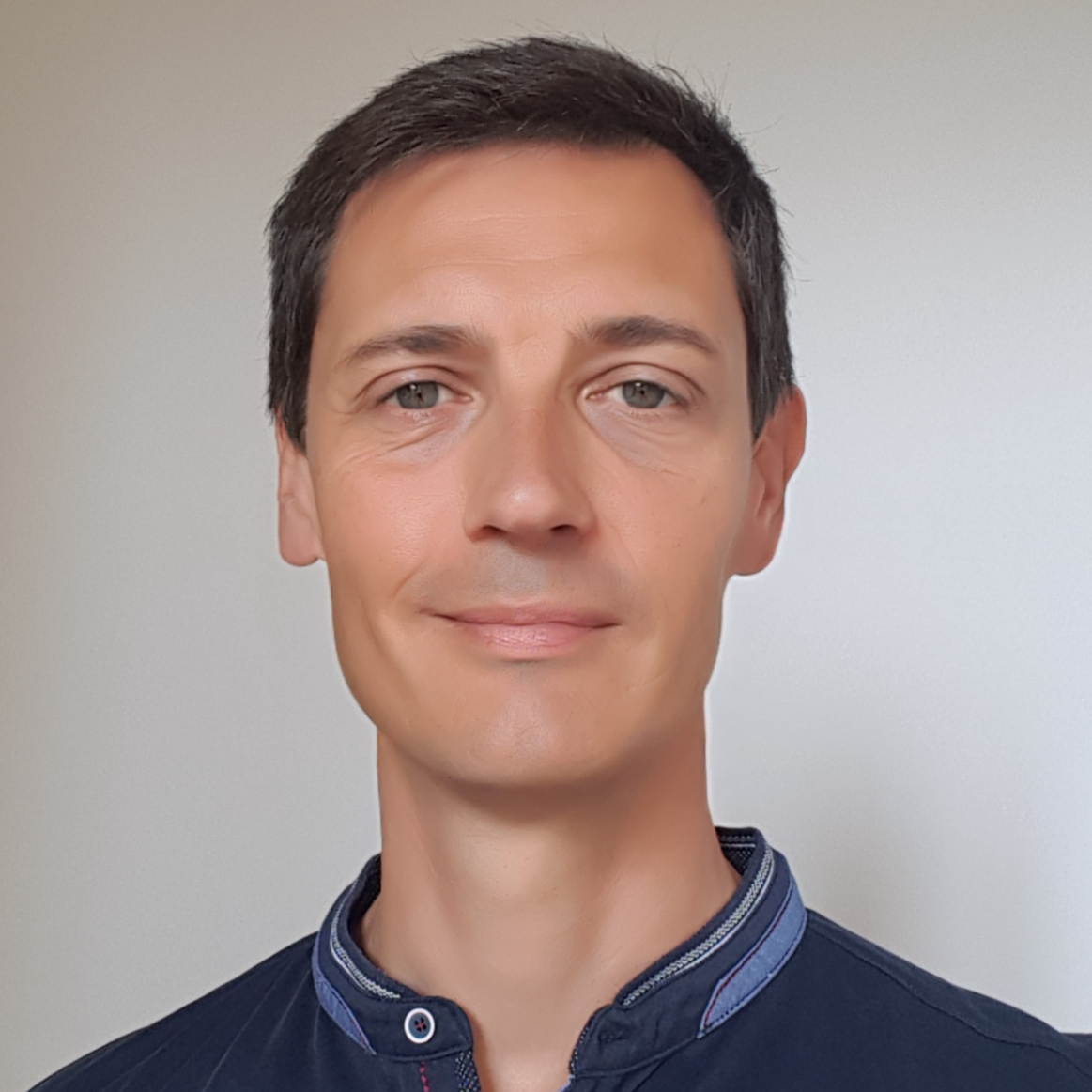 Thomas Coton, R&D Senior Project Engineer, R&D Single Use and Integrated Systems, MERCK
Thomas Coton, R&D Senior Project Engineer, R&D Single Use and Integrated Systems, MERCK
To address the lack of fully continuous system for viral inactivation in downstream process an inline Virus Inactivation system (iVI) was developed. It utilizes a single-use flowpath with a coiled-flow inverter incubation chamber. The system controls pH and residence time whose distribution was modeled from a large dataset. Comparability of inline vs. traditional batch modes was confirmed. Running iVI connected to a continuous chromatography system showed good product yield and quality post-VI.
15:50Refreshment Break in the Exhibit Hall with Poster Viewing

PROCESS INTENSIFICATION
プロセス強化
Building the Future of Bioprocessing: A Strategic Roadmap for Intensification, Innovation, and Sustainable Growth
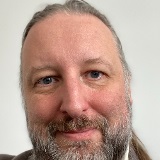 Andrew Falconbridge, Senior Biotech Innovation Consultant
Andrew Falconbridge, Senior Biotech Innovation Consultant
As bioprocessing evolves, companies must adopt next-generation technologies and intensification strategies to stay competitive. This talk will explore how process intensification, digital tools, and PAT (Process Analytical Technology) can accelerate time to market, reduce costs, and support sustainability. By outlining a strategic roadmap for integrating these technologies, demonstrating how companies can optimise their processes and scale effectively. Giving actionable insights into building a holistic approach to process improvement-balancing speed, cost-efficiency, and environmental responsibility.
Advancing Bioprocessing with Continuous Microfluidic Technologies
 Raquel Aires-Barros, PhD, Professor, Bioengineering, Instituto Superior Tecnico
Raquel Aires-Barros, PhD, Professor, Bioengineering, Instituto Superior Tecnico
Integrated continuous bioprocessing boosts biomolecule production efficiency, reducing material use, equipment size, and carbon footprint. However, scaling is costly, necessitating innovative screening methods. Microfluidic devices accelerate biomanufacturing by testing many variables with minimal reagents and time. Most studies optimise individual operations rather than entire processes. An integrated microfluidic platform simulating bioprocessing has been developed, incorporating modules for production, chemical lysis, and ATPE to optimise both individual and combined operations.
 NEW Planova™ FG1 Virus Removal Filter - Promise of Unrivaled Performance
NEW Planova™ FG1 Virus Removal Filter - Promise of Unrivaled Performance
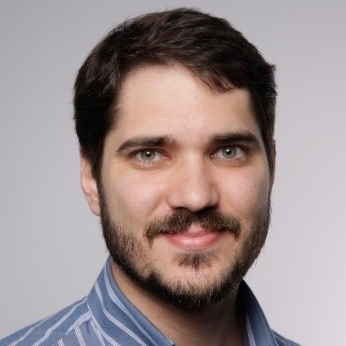 Haiko Fischer, Product Manager, Bioprocess, Asahi Kasei Bioprocess Europe
Haiko Fischer, Product Manager, Bioprocess, Asahi Kasei Bioprocess Europe
The future of Virus Removal Filters has arrived: Planova™ FG1’s rapid filtration performance allows users to process a large amount of solution in a limited amount of time, all while ensuring reliable performance and robust virus removal capability.
17:50Welcome Reception in the Exhibit Hall with Poster Viewing
18:50Close of Day
3月19日(水)
08:00Registration and Morning Coffee
ADVANCES IN RECOVERY AND PURIFICATION
回収・精製の進歩
Development of Downstream Processing for Novel Scaffold Therapeutics
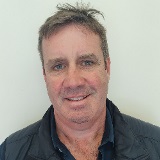 David O’Connell, PhD, Associate Professor, School of Biomolecular & Biomedical Science, University College Dublin
David O’Connell, PhD, Associate Professor, School of Biomolecular & Biomedical Science, University College Dublin
Small scaffold proteins engineered for improved half-life and protease resistance require bespoke purification schemes. The SXkmer scaffold presents single constrained hypervariable peptide sequences for target binding, and rather than include affinity tags for downstream purification, we aim to utilise charge characteristics of the protein to achieve high-level purity from bacterial expression systems without compromising protein function or requiring post-purification tag cleavage. Examples from a GPCR targeting programme will be presented that describe terminal Cys mutants for labelling and positional mutants for functional & bioavailability changes.
Process Development of Magnetic Separation Using Mechanistic Models
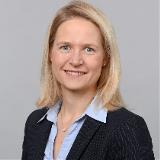 Sonja Berensmeier, PhD, Professor, Bioseparation Engineering Group, School of Engineering and Design, Technical University of Munich
Sonja Berensmeier, PhD, Professor, Bioseparation Engineering Group, School of Engineering and Design, Technical University of Munich
Are you familiar with protein or DNA separation with magnetic particles on a small scale and are wondering whether this can also be applied on an industrial scale for the rapidly growing field of biopharmaceuticals? Using a pilot-scale magnetic separator and the integration of Pharma 4.0 principles, we show how the process control works and how the purification process of antibodies from CHO supernatants is optimised.
Matching Affinity and Mixed-Modes Ligands with Purification Matrices
 Cecilia Roque, PhD, Associate Professor in Bioengineering, NOVA University of Lisbon
Cecilia Roque, PhD, Associate Professor in Bioengineering, NOVA University of Lisbon
How relevant are the matrix and ligands when developing adsorbents with improved functionality? In this talk, we will show how robust peptidomimetics can be easily adapted to several targets and to chromatographic and non-chromatographic matrices and purification processes. We will show our recent work on purification matrices for improved sustainability.
 Purification of Complex Molecules: Growth, Challenges, and Solutions
Purification of Complex Molecules: Growth, Challenges, and Solutions
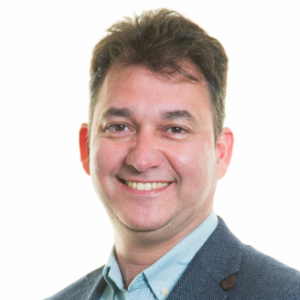 Alain Medina, Field Specialist Manager, Ecolab Life Sciences
Alain Medina, Field Specialist Manager, Ecolab Life Sciences
The session will explore the market growth of complex molecules, driven by advances in personalized medicine and biotechnology. We will identify key drivers and discuss the primary challenges in purification, including purity levels and process efficiency. The presentation will also offer insights into innovative strategies and technologies for overcoming these hurdles and ensuring high-quality biopharmaceutical products. Join us to gain valuable knowledge and tools for navigating the complexities of purifying advanced biopharmaceutical products.
10:30Coffee Break in the Exhibit Hall with Poster Viewing
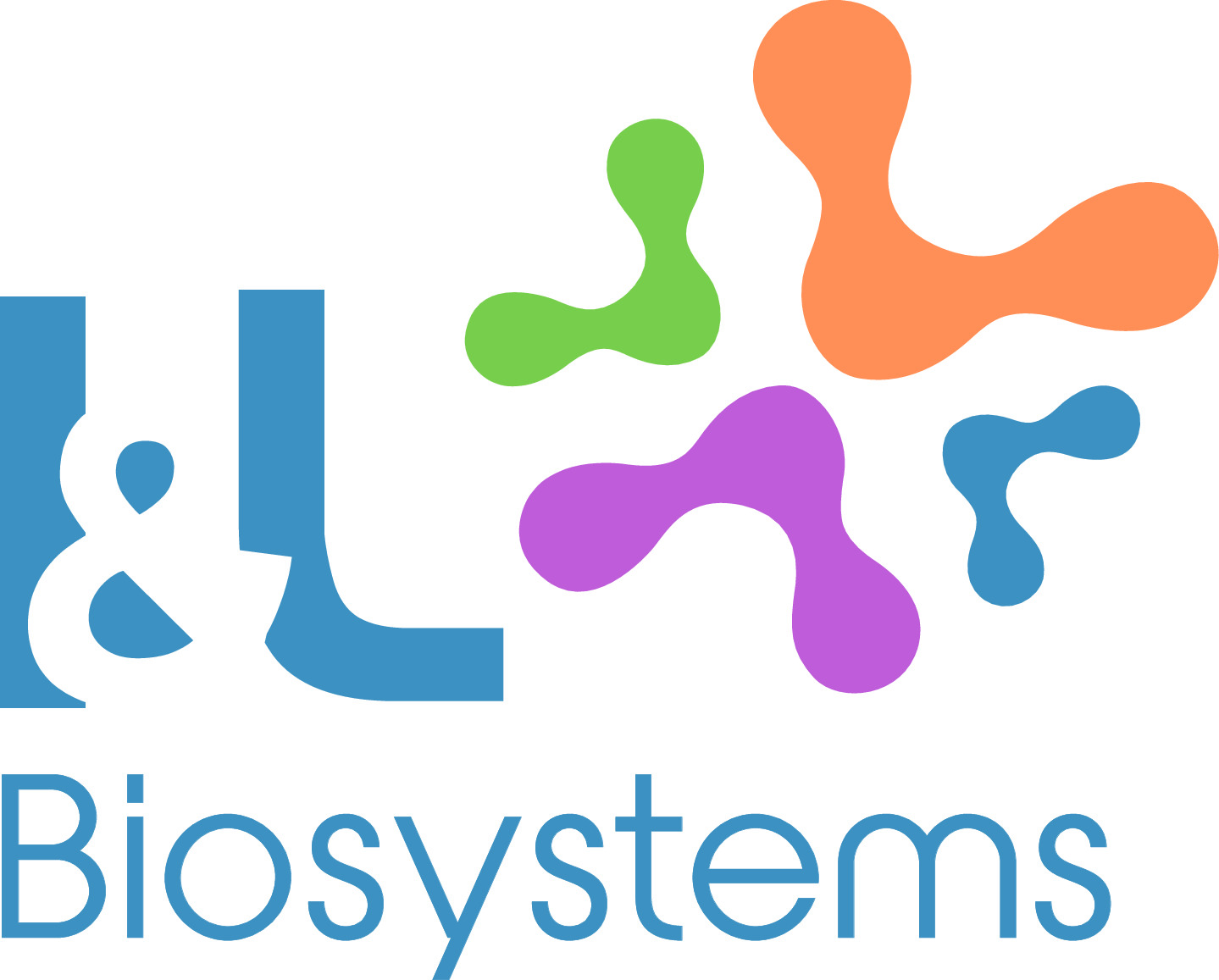
PLENARY KEYNOTE: ADAPTING TO GLOBAL DEMANDS AND EVOLVING PIPELINES
プレナリー基調講演:世界的な需要への適応と進化するパイプライン
CMC Strategies for Diverse Pipelines and Complex Modalities
 Christian Hunzinger, PhD, Senior Director and Head, CMC Development Proteins, ADCs and Chemical Entities, BioNTech
Christian Hunzinger, PhD, Senior Director and Head, CMC Development Proteins, ADCs and Chemical Entities, BioNTech
Biopharmaceutical treatment paradigms are shifting from monotherapy towards multi-target approaches with complex multimodal entities. This complexity also translates into increasingly complex CMC development and manufacturing strategies. The talk will provide a general overview on recent developments, challenges, and opportunities, along with examples from various stages of the CMC development lifecycle.
Enhancing Process Development: Balancing Yields with Downstream Efficiency and Emerging Technologies
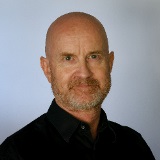 Oliver Kaltenbrunner, PhD, Scientific Director, Process Development, Amgen Inc.
Oliver Kaltenbrunner, PhD, Scientific Director, Process Development, Amgen Inc.
Explore the evolving landscape of process development, emphasising the critical balance between maximising yields and optimising downstream processing. This presentation will delve into the impact of upstream processes on primary recovery, integrating cutting-edge technologies like Process Analytical Technology (PAT), advanced modelling, and artificial intelligence. Supported by real-world examples, we'll examine how these innovations are reshaping process efficiency and performance in the industry.
12:20Session Break
 Achieving High Purity and Yield in Biomolecule Purification Using a Novel Mixed-Mode Resin
Achieving High Purity and Yield in Biomolecule Purification Using a Novel Mixed-Mode Resin
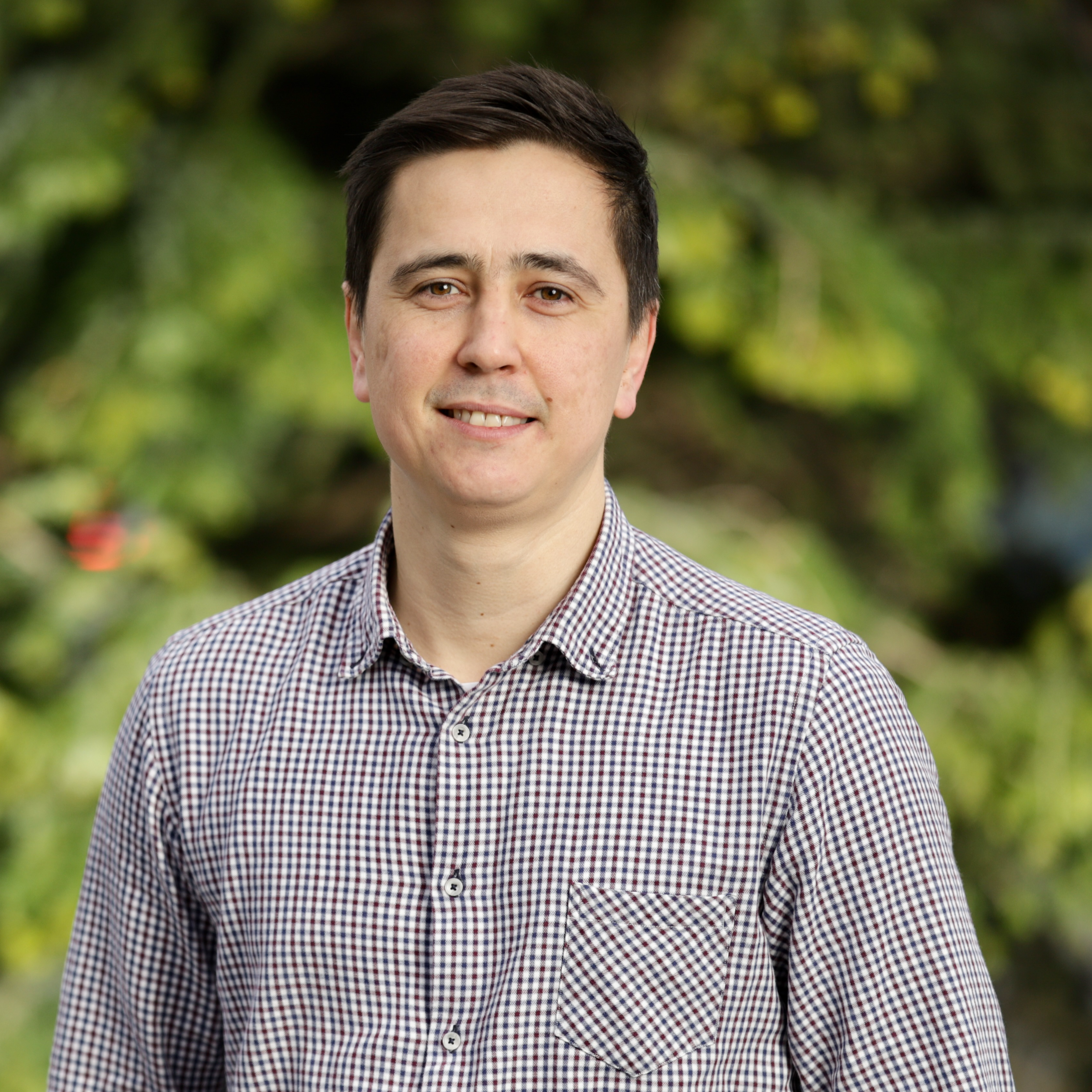 Artur Stanczak, Field Application Specialist EMEA, Process Chromatography, Bio-Rad Laboratories
Artur Stanczak, Field Application Specialist EMEA, Process Chromatography, Bio-Rad Laboratories
In this technical session, case studies will be presented to demonstrate the purification of biomolecules using a new weak anion exchange hydrophobic mixed-mode resin, Nuvia wPrime 2A. The resin provides a large design space with the ability to modulate its charge state and hydrophobicity, allowing for fine-tuning to achieve high yields and purity levels. In this study, a mAb purification process shows a 10x reduction in high molecular weight species delivering exceptional purity and recovery. Additionally, the unique properties of the resin make it suitable for a wide range of biotherapeutics, making it a versatile option for various purification needs in biopharmaceutical research and production.
 Inline/Online PAT for Biologics, Vaccines and Gene Vectors in Downstream Processing
Inline/Online PAT for Biologics, Vaccines and Gene Vectors in Downstream Processing
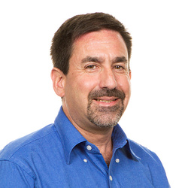 Daniel Some, Senior Principal Scientist, Wyatt Technology
Daniel Some, Senior Principal Scientist, Wyatt Technology
A key challenge for developing biologics and complex drugs is the time and effort invested in process development. RT-MALS (real-time multi-angle light scattering) is a novel inline/online PAT that monitors key biophysical attributes, inline with preparative chromatography or online with UF/DF. RT-MALS applications include aggregate monitoring, identifying breakthrough of viral vectors during column loading and quantifying empty/full AAV capsids during elution. Integration of RT-MALS helps accelerate process development while minimizing tedious offline analyses of fractions.
13:00Networking Lunch in the Exhibit Hall with Poster Viewing

14:00Close of Advances in Recovery and Purification - Part 1 Conference
* 不測の事態により、事前の予告なしにプログラムが変更される場合があります。
アジェンダ・講演者・スポンサー更新
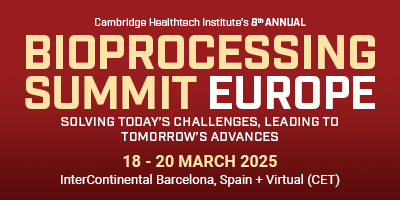
 Talk Title to be Announced
Talk Title to be Announced
 Talk Title to be Announced
Talk Title to be Announced












